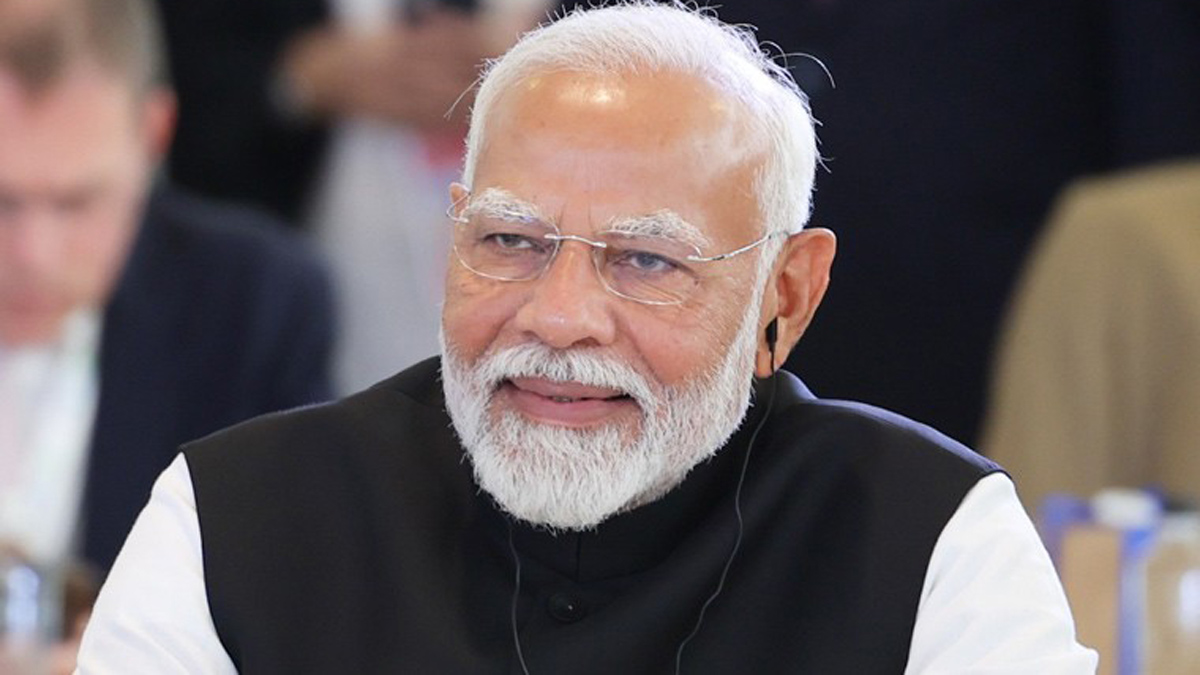Finance Secretary T V Somanathan’s last key assignment before he took over as the cabinet secretary was to formulate the Unified Pension Scheme (UPS), a big policy announcement from the Modi government. The scheme is aimed to overcome the shortcomings of the existing new pension scheme and to counter the big promise of the Opposition.
The opposition parties had found a potent weapon to gather the sentiments of the government employees by promising to bring back the old pension scheme if they were elected to power. The Congress reaped the benefits of this promise in Himachal Pradesh, Telangana and Karnataka. The AAP government in Punjab too had promised OPS. As the issue was set to gain traction in the upcoming polls in Haryana, Jammu and Kashmir, Maharashtra and Jharkhand, the BJP-led NDA has tried to snatch away a key plank from the Opposition parties.
The UPS is the middle path between the NPS and the OPS, where the employees pay towards the pension as in the case of NPS, but the government assures a life-long pension as was the case with the OPS. The scheme has been introduced for the central government employees and the government says 23 lakh employees were set to benefit.
Also read: Centre launches unified pension scheme for govt employees; check salient features
For the cash-strapped state governments, shifting to the UPS is an attractive proposition than shifting fully to the OPS where the entire pension bill is footed by the exchequer. Reportedly, several governments, including those ruled by the non-BJP parties were studying the merits of the UPS. The hitch remains with the political messaging as the BJP would like to take credit for the scheme. This further brings pressure on the Opposition-ruled states as the OPS is yet to be implemented.
Through the announcement of the UPS, though the actual rollout will take place in only 2025, the Modi government has shown it is flexible to bring changes where the larger public sentiment matters. The government even agreed to the rollback of the lateral entry scheme, sent the Waqf Board bill to JPC, and even withdrew the broadcast services bill owing to opposition to its provisions.
Some of these rollbacks have been undertaken keeping in mind the NDA composition as allies like the TDP, JDU and LJP (RV) have reservations about some of these. As the BJP doesn’t have the majority it has taken a more consultative route. The pragmatism has its political reasons as the BJP government does not want more setbacks in the upcoming polls as many of the issues particularly those on Dalits, reservation, and employment have significant impacts when votes are cast.
The government appears to be reorienting the policies for a bigger political message.



